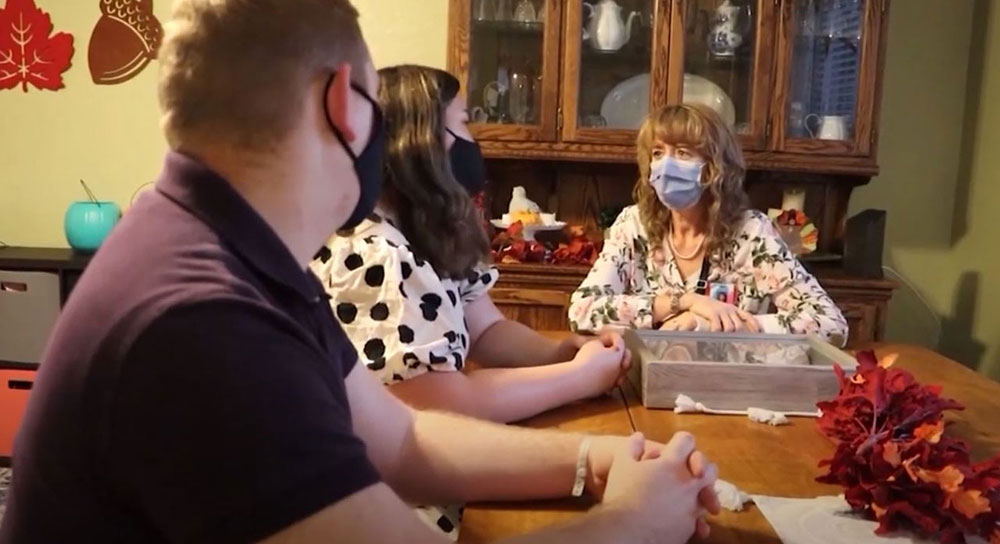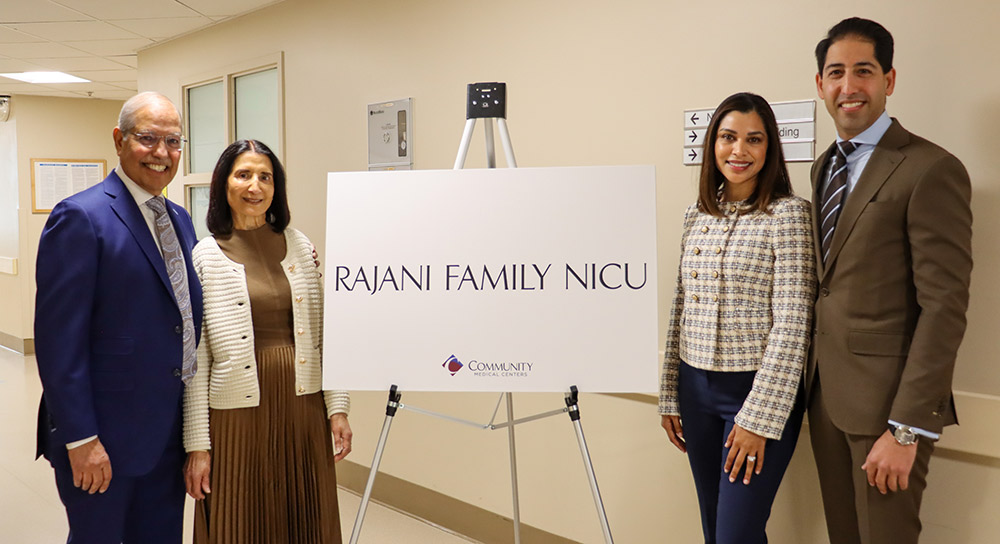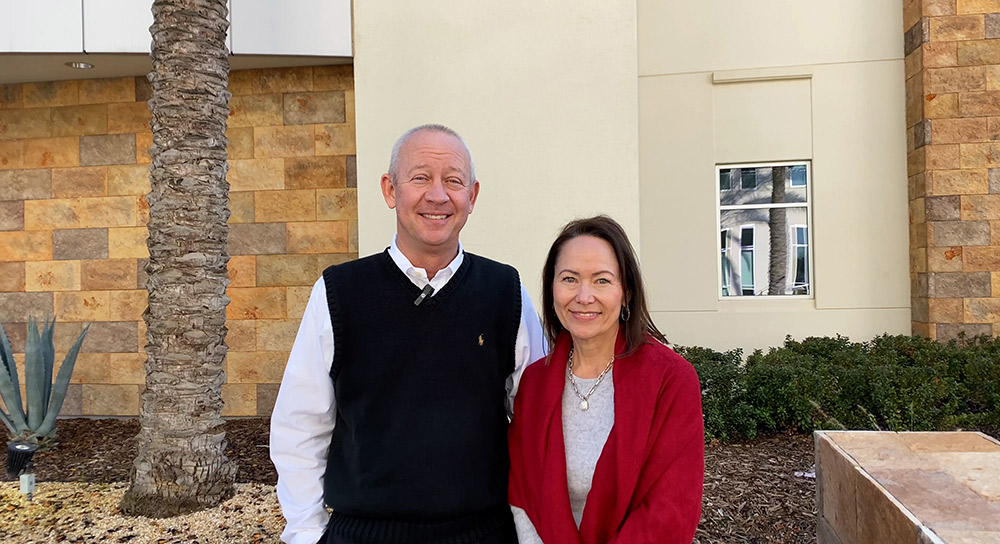Kayleigh Thompson and her husband Dylan were thrilled when they found out they were expecting their second child — a boy to be named Oliver.
But that excitement soon turned to concern when an ultrasound confirmed their baby would be born with spina bifida, a neural tube defect where the spine and spinal cord don't form properly. Spina bifida can cause physical and intellectual disabilities that range from mild to severe.
“It was difficult to find out that we had a child who may have some difficulties in life from his spina bifida, but ultimately we were just really excited to still get to have another baby,” Kayleigh says.
The Thompsons began preparing for little Oliver’s arrival, but one night Kayleigh stopped feeling him move. Sadly, they experienced what no parent ever wants to endure — a stillbirth. Stillbirth, the death or loss of a baby before or during delivery, affects about 1 in 160 pregnancies each year in the U.S.
Miscarriage and stillbirth are both considered pregnancy loss, but differ according to when the loss happens. The Centers for Disease Control defines a miscarriage as loss of a baby before the 20th week of pregnancy, and stillbirth as loss of a baby at or after 20 weeks.
Helping through the loss of stillbirth
Julie Kristofferson, RN, has a special bond with the Thompson family. Not only did she help them with Oliver’s loss as Community’s nurse navigator for perinatal care and bereavement, but she’s also Kayleigh’s aunt. Kristofferson was a labor and delivery nurse for many years. She helped deliver Kayleigh, and then helped when Kayleigh gave birth to her first child, who’s now two years old.
No longer a maternity floor nurse, Kristofferson is now a nurse navigator. She helps families like the Thompsons as they learn their baby may have a serious health issue or experience a loss like miscarriage or stillbirth.
Nurse navigators like Kristofferson help patients and their loved ones through what can often be a confusing and overwhelming time. They serve as a conduit between the patient and their healthcare team — coordinating communication among providers, preventing possible delays in treatment and connecting patients with resources.
But Kristofferson never thought she'd be helping her very own niece.
Kristofferson met Kayleigh and Dylan at the hospital that night and put the monitor on her niece’s belly, but there was no longer a heartbeat. An ultrasound later confirmed that Oliver was gone.
“It was probably the most painful emotional experience I've ever had to go through,” Kayleigh says.
“For me, the hardest part was right after he was born, just the silence,” Dylan says. “The silence of seeing your baby come out and not hearing the cries or anything.”
Dealing with feelings of grief after stillbirth
The loss of a baby can be incredibly painful. It’s important to take the time to grieve. Everyone grieves in their own way, but you may want to ask your healthcare provider to help find a grief counselor to help you cope. Be sure to do what feels right for you and your family.
Here are some things to consider to help you remember your baby:
Spend time alone with your baby and other family members
Hold your baby
Bathe, dress and take pictures of your baby
Make footprints and save locks of your baby’s hair
Take part in cultural or religious traditions with your baby
Ask if you can keep things from the hospital, like blankets, that were used for your baby
Making lasting memories after stillbirth
Kristofferson says there's been a lot learned about stillborn babies and babies that may not live for very long after they're born. In her role as a perinatal nurse navigator, she tries to make the most of the time parents have with their child.
“We try to help parents create as many memories in the short time that they've got, because we know once they leave the hospital their time to bond with their baby is done,” Kristofferson says.
Kristofferson helped the Thompsons create lasting memories of Oliver, including taking pictures and marking his footprints. She also was there for them as they made funeral arrangements. But what Kristofferson did that may have had the most impact on the couple was help them with their next steps towards healing.
And for that, Kayleigh looks back on her experience of having Oliver at the hospital as a grateful one.
“I don't look back on it as a bleak experience, but more of just like a sweet memory of the only time I got to be with my child. And that really was thanks to the hospital staff but mostly thanks to Julie.”
And Kristofferson knows firsthand what Kayleigh and her husband are going through since she had a stillborn baby 24 years ago.
“There's some common experience that helps me, and I feel like I can help them by knowing the things that helped me,” Kristofferson says. “Probably the most important thing I tried to instill in them is hope, that healing will come. I think that families just need to know that it's not going to be like this forever.”






